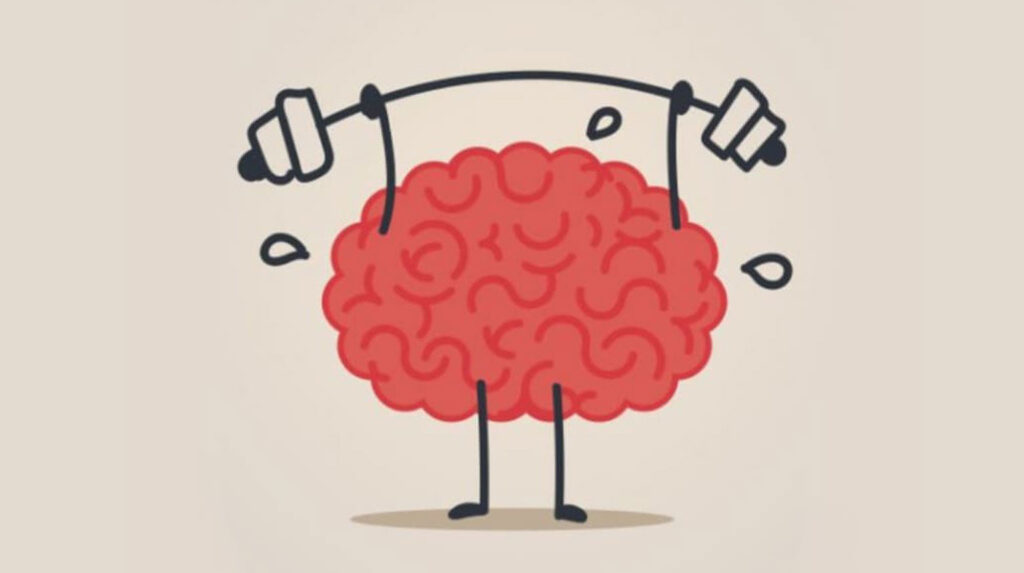What are Cognitive Skills?
May 16,2020 by Anupma
May 16,2020 by Anupma

Cognitive skills are the ways that the brain remembers, reasons, holds attention, thinks, reads, and learns. The cognitive abilities help to process new information by taking that information and distributing it into the appropriate areas in the brain. When the information is needed later, the brain uses cognitive skills to retrieve and use that information. By developing cognitive skills, the brain completes this process more quickly and efficiently and ensures that it understands and effectively processes that new information. Cognitive skills are the foundational and essential tools for learning.
Core cognitive skills are:
Cognitive skills training focuses on building and training the essential skills namely, processing, attention, memory, visual, and auditory processing skills along with logic and reasoning. On the other hand, tutoring mostly involves repeating information already taught, without addressing the underlying cause of one’s difficulty. A weakness in any cognitive skill can trigger struggles with learning and overall performance.
Reading tutors, math tutors, and science tutors can be successful only if they focus on a child’s learning ability and style, rather than just the material itself. Tutoring often focuses on basic techniques—reteaching classroom content, doing so in groups or one-on-one, and teaching classroom content missed due to absence (student or teacher), illness, or relocation. Tutoring is better suited to address such external matters, not weaknesses in how a child’s brain processes information. It only continues to re-teach the same material over and over again.
Until the underlying skills required to learn are strengthened, tutoring can only produce temporary progress at best. Struggles will re-emerge because the root of the problem—weak cognitive skills—has not been addressed. If a child faces recurring problems with each new academic year or challenge, brain/cognitive skills training (rather than tutoring) is the best solution.
Brain training provides the student a chance to get to the root of the problem and literally rebuild his or her basic ability to read and learn with specifically designed and delivered training exercises. To understand the advantage brain training has over tutoring consider how different your expectations would be if you enrolled in a 12-hour lecture on piano basics versus 12 hours of piano practice with a good one-on-one piano coach. In the lecture you would be receiving information about the piano—you would be tutored. In the piano practice, you would end up actually playing the piano—you would be trained. Tutoring increases information. Training builds skills.
Building cognitive skills teaches students how to learn more effectively. Students learn to do more than repeat what they have learned. They understand the “why” behind a topic and how it fits into a larger picture. Unlike drill-and-kill memorization methods, cognitive learning helps students gain a deeper understanding of a subject. This improves recall in the long run, so students can build upon past knowledge.
The cognitive learning approach gives students the chance to reflect on what they are learning and how it applies to other material. This helps students develop problem-solving skills they need to create new connections between what they are learning.
At EmpowerKidz, we focus on enhancing cognitive skills and teach your child to overcome learning barriers, develop resilience, and attain the lifelong learning abilities that a child needs to thrive at home, at school, and in life.
2411, Old Crow Canyon Road, Suites 105 & 120, San Ramon, CA 94583, USA
anupma@empowerkidz.com
+1 (669) 900-2315
© Copyright 2021 EmpowerKidz
Designed & Developed by Congruence Digital
Leave a Reply